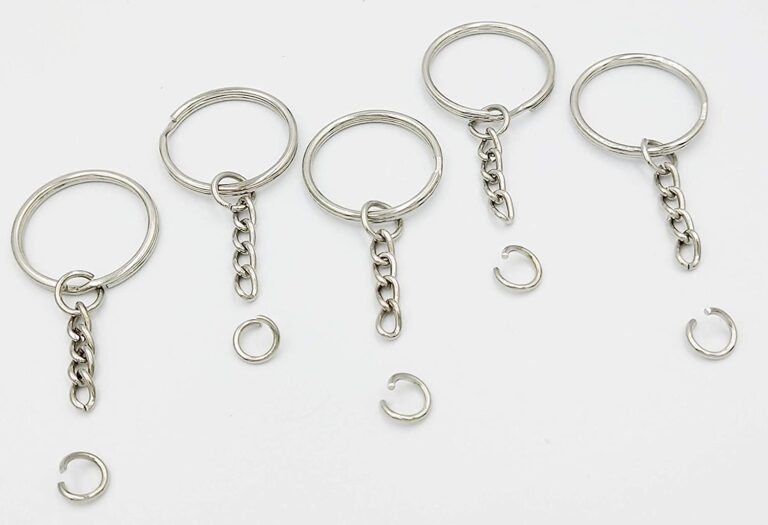In today’s competitive business world, trust and transparency play a big role in customer satisfaction. One important way to build this trust is by following the rules set by the Legal Metrology Department. If your business deals with weighing, measuring, packaging, or selling pre-packed goods, then understanding and ensuring legal metrology compliance is a must.
In this blog, we will explain what legal metrology is, why it matters, and how you can ensure compliance by getting the right certificates and licenses, such as Legal Metrology Certificate Registration, LMPC Certificate Registration, Legal Metrology Manufacturer License, and Weight and Measurement Certificate Registration.
What is Legal Metrology?
Legal Metrology is the part of law that ensures fairness in trade by setting standards for weights and measurements. It checks that all products sold using weights or measures—like liters, kilograms, meters, etc.—are accurate and properly labeled. This protects both consumers and honest businesses.
Why Legal Metrology Compliance is Important
Complying with legal metrology rules helps your business in several ways:
- Builds trust with customers
- Avoids penalties and legal issues
- Allows your products to be sold legally in the market
- Shows that your business follows government rules
If you do not follow legal metrology rules, your business can face heavy fines, product seizures, or even a ban on sales.
Who Needs to Follow Legal Metrology Rules?
Legal metrology compliance is required by various types of businesses such as:
- Manufacturers of weighing or measuring instruments
- Importers and exporters of pre-packed goods
- Retailers who sell products by weight or measurement
- Packers of consumer goods
If your business falls under any of these categories, you must apply for the right licenses and certificates.
Key Registrations for Legal Metrology Compliance
Here are the main registrations and licenses needed to ensure compliance:
1. Legal Metrology Certificate Registration
This is a basic approval that shows your business follows the Legal Metrology Act. It is needed if your business deals with weighing or measuring devices or sells products based on weight, volume, or number.
This Legal Metrology Certificate Registration certificate confirms that your products and equipment are tested, verified, and approved by the Legal Metrology Department.
2. Legal Metrology Manufacturer License
If you manufacture weighing or measuring instruments (like weighing machines, petrol pumps, meters, etc.), then you must get a Legal Metrology Manufacturer License.
This license proves that your manufacturing process follows all the quality and legal standards. Without this license, your products cannot be sold legally in India.
3. LMPC Certificate Registration
The LMPC Certificate stands for Legal Metrology Packaged Commodities Certificate. If you import or manufacture pre-packed goods (like food items, cosmetics, electronic items, etc.), you need to get this certificate.
The LMPC certificate is mandatory under the Legal Metrology (Packaged Commodities) Rules, 2011. It ensures that your packages display all the necessary information such as:
- MRP
- Net quantity
- Manufacturer/importer details
- Date of packaging
- Customer care contact
Getting the LMPC Certificate Registration is necessary before selling any pre-packed goods in the market.
4. Weight and Measurement Certificate Registration
If your business uses any weighing or measuring instruments, like digital scales, petrol pumps, or flow meters, then you must get these tools verified and stamped by the Legal Metrology Department.
This process is known as Weight and Measurement Certificate Registration. It confirms that your devices are accurate and certified for use. You must get this done regularly (usually every year) to stay compliant.
Steps to Ensure Legal Metrology Compliance
Now that you know the important licenses and certificates, here’s how you can ensure legal metrology compliance:
Step 1: Understand the Rules
Go through the Legal Metrology Act, 2009, and related rules such as the Packaged Commodities Rules, 2011. You can also consult legal experts who provide guidance for compliance.
Step 2: Apply for Required Certificates and Licenses
Depending on your business type (manufacturer, importer, packer, or seller), apply for:
- Legal Metrology Certificate
- LMPC Certificate
- Manufacturer License
- Weight and Measurement Verification
You can apply online or through a registered consultant.
Step 3: Maintain Records
Keep all your certificates and test reports properly. During inspections, you’ll need to show these records to avoid fines.
Step 4: Use Approved Equipment
Make sure all your weighing or measuring devices are approved and stamped by the Legal Metrology Department. Do not use faulty or unverified machines.
Step 5: Label Products Properly
If you sell pre-packed goods, ensure that the labels on your products include:
- Name and address of manufacturer or importer
- MRP
- Net quantity
- Date of packaging
- Customer care details
Missing any of these can lead to penalties.
Step 6: Stay Updated
Legal metrology rules can change. Keep yourself updated with the latest regulations to avoid non-compliance.
Penalties for Non-Compliance
If your business fails to follow legal metrology rules, the penalties can include:
- Fines up to ₹1 lakh or more
- Confiscation of goods
- Suspension of licenses
- Legal action by authorities
These can affect your brand’s reputation and financial stability.
Conclusion
Following legal metrology rules is not just a legal requirement—it’s a smart business practice. It ensures that your customers get what they pay for and helps your business grow with trust and transparency.
By completing the right registrations—like Legal Metrology Certificate Registration, Legal Metrology Manufacturer License, LMPC Certificate Registration, and Weight and Measurement Certificate Registration—you can keep your business safe and compliant.
Need help with legal metrology registration? Contact a legal expert or consultant who can guide you step-by-step through the process.




